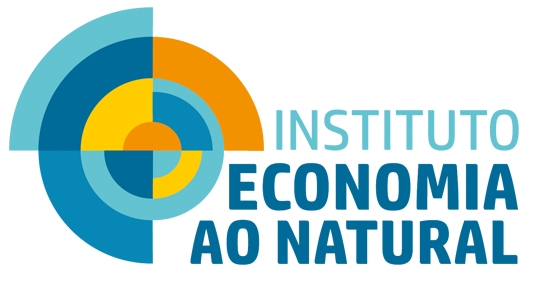
Seek the thread of human history throughout its different eras and, for much of it, you will see force as the main power. Until feudalism, it was the blue-blooded noble who held it, through his fierce vassals. With them, he expanded his domains by invading, looting and dominating other people's properties. Thus, he expanded his territorial patrimony, as land meant wealth.
When the industrial era emerged, power became capital. Without a doubt superior to force, as this is finite and disappears over time, while capital can be accumulated and increased indefinitely. He is even capable of buying his own strength.
Land and capital, although distinct, have something in common: they are concentrated in a few hands and have territorial limits, even in the globalized world.
In the post-industrial era, it was the turn of the primacy of knowledge. This is even more superior compared to capital, which is dispersed when divided, at the same time, into many hands, while knowledge expands simultaneously in several minds, regardless of place. An energy always in motion, immeasurable and without borders.
But the evolution of humanity and business does not stop there. We now build the New Economy, in the age of consciousness, the most powerful of all powers, by including not only shared information and knowledge, but also perceptions and experiences.
This broad set of elements – information, knowledge, perceptions and experiences – makes up an innovative way of seeing and doing. It transforms into consciousness, when supported by values and virtues. A perfect synthesis.
Copyright by: 
Texts: Roberto Tranjan